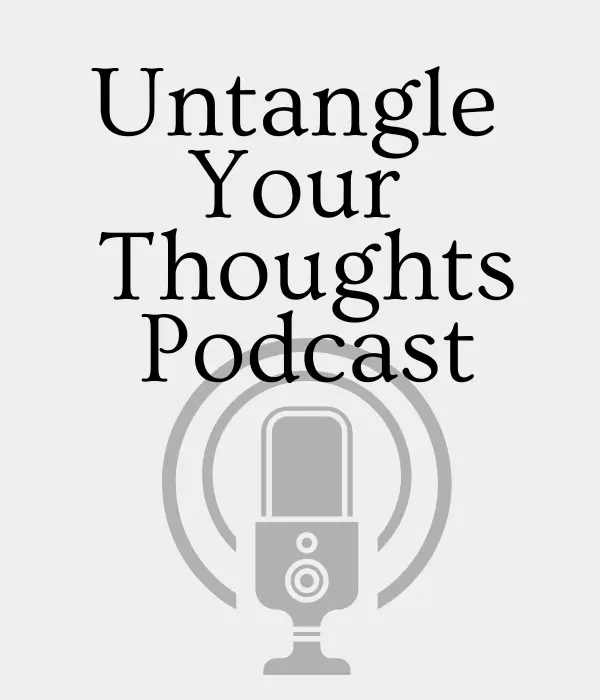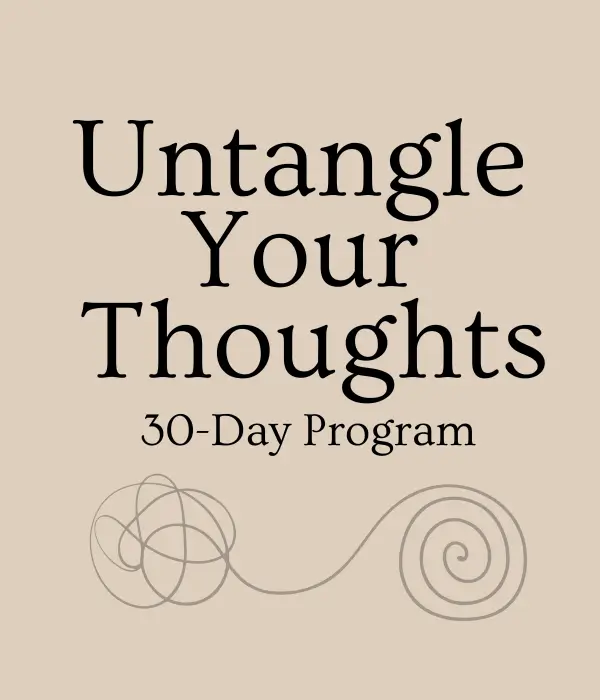Table of Contents
What is Emotional Regulation
Emotional regulation is all about understanding and managing your emotions in a healthy way. It’s not about suppressing or ignoring what you feel, but learning how to respond to emotions without letting them take over your actions.
When you’re able to regulate your emotions, you’re better equipped to handle stress, make clear decisions, and communicate more effectively with others.
From a biblical perspective, emotional regulation is rooted in wisdom and self-control. Proverbs 16:32 tells us, “Better a patient person than a warrior, those with self-control than those who take a city.” This verse highlights how important it is to have control over our emotions, especially when life gets tough. God gives us the ability to choose how we respond to our feelings, even when emotions like anger, sadness, or anxiety try to take over.
Before moving any further, I think it’s important that you know your feelings do matter to God. I recorded this podcast episode on why your emotions matter to God. (This is so important for our emotional regulation.)
What Does the Inability to Regulate Emotions Mean
The inability to regulate emotions means struggling to manage or respond to your feelings in a balanced way. When you can’t regulate your emotions, it’s like being on an emotional rollercoaster, where your feelings take control, and you might react in ways you later regret—like getting easily frustrated, feeling overwhelmed, or acting impulsively.
It can lead to mood swings, outbursts, or even shutting down completely, making it hard to navigate relationships or daily challenges.
From a biblical perspective, an inability to regulate emotions can sometimes point to deeper struggles with self-control and wisdom. In James 1:19, it says, “Everyone should be quick to listen, slow to speak, and slow to become angry.” This verse reminds us of the importance of pausing and reflecting before reacting.
When we’re not able to regulate our emotions, it can lead to unnecessary conflict and hurt. But God offers us the strength to gain control over our feelings, guiding us to respond with love and patience.
If you find yourself struggling with emotional regulation, it doesn’t mean you’re failing—it’s just a sign that healing and growth may be needed.
How to Control Your Emotions
Learning how to control your emotions doesn’t mean ignoring how you feel—it means learning how to pause, process, and respond in a way that reflects wisdom, not just reaction. It’s about being able to recognize what you’re feeling in the moment and choosing how to respond, instead of letting your emotions take over or explode.
Think of emotional control like a muscle—it gets stronger the more you practice. When you feel triggered or overwhelmed, taking a deep breath, stepping away for a moment, or praying before reacting can make all the difference. It’s not always easy, but it is possible with practice, patience, and God’s help.
The Bible actually talks a lot about self-control. Galatians 5:22-23 lists it as part of the fruit of the Spirit: “But the fruit of the Spirit is love, joy, peace, patience, kindness, goodness, faithfulness, gentleness, and self-control.” That means with the Holy Spirit, self-control isn’t something we have to figure out on our own. God equips us to respond with grace, even in hard moments.
Here are a few simple ways to start controlling your emotions:
- Name what you’re feeling. Say it out loud or write it down.
- Pause before responding. Give yourself space to breathe and think.
- Pray and invite God in. Ask for peace, wisdom, and clarity.
- Practice healthy outlets. Go for a walk, journal, talk to someone you trust.
- Get to the root. Ask yourself what triggered the emotion—what’s the deeper need?
Controlling your emotions isn’t about being perfect—it’s about growing. And with God’s help, emotional control becomes less about holding it all together.
How to Regulate Your Emotions
Learning how to regulate emotions is a powerful step toward emotional and spiritual growth. It’s not about ignoring your feelings or pretending everything’s fine—it’s about understanding what you’re feeling, why you’re feeling it, and choosing how to respond in a way that reflects truth, peace, and maturity.
When you learn to regulate your emotions, you give yourself permission to feel without being ruled by those feelings. Instead of reacting out of anger, shutting down from stress, or spiraling into anxiety, you begin to recognize the emotion, pause, and respond with intention.
From a biblical perspective, emotional regulation is part of walking in wisdom and living out the fruit of the Spirit. Proverbs 25:28 says, “Like a city whose walls are broken through is a person who lacks self-control.” That paints such a clear picture—when we don’t have emotional boundaries, we’re left unguarded. But when we learn to regulate our emotions, we’re building those healthy “walls”—not to block people out, but to protect our peace and relationships.
Here are a few practical ways to start learning emotional regulation:
- Get curious, not judgmental. Ask yourself, “What am I feeling right now?” or “What’s really going on under the surface?”
- Take a pause. Even a few deep breaths can give your brain time to catch up before reacting.
- Let God into your emotional space. Pray, journal, or simply sit with Him in the tension.
- Practice grounding techniques. Stretching, walking, or naming things you see around you can help bring you back to the present.
- Reflect, don’t stuff. Avoid burying your feelings—bring them to the light so they can be processed and healed.
Learning how to regulate emotions is a process—and that’s okay. The goal isn’t perfection, but progress. With time, patience, and God’s help, you can become more emotionally steady and spiritually grounded, even in the middle of life’s chaos.
Emotional Regulation Examples
Emotional regulation is the ability to recognize, understand, and manage your emotions in a healthy way, especially when life gets overwhelming or challenging. It’s not about suppressing feelings or pretending everything is fine, but about responding to your emotions with wisdom and intentionality.
Here are some examples of how emotional regulation can play out in everyday situations, giving you practical tools to handle your emotions more effectively.
1. Handling Stress at Work:
Instead of letting stress build up during a busy workday, you recognize the tension rising and take a short break. You step outside for a few minutes to breathe deeply and refocus. This gives you space to calm your mind before returning to the task with a clearer perspective.
2. Managing Anger in a Disagreement:
If you feel anger bubbling up during a conversation with a spouse or friend, you pause before responding. You take a moment to breathe, and you might even say, “I need a moment to calm down.” This gives you time to process your feelings and respond thoughtfully rather than reacting in the heat of the moment.
3. Dealing with Sadness After a Setback:
When you feel disappointed by a setback, instead of sinking into prolonged sadness or self-criticism, you give yourself permission to feel sad, but you also take steps to manage it. You might talk to a friend, journal about what happened, or pray for healing. You focus on moving forward rather than staying stuck in the feeling.
4. Rebounding from a Triggering Memory or Flashback:
If something triggers a difficult memory or emotion, you acknowledge the feeling without letting it control you. You might use grounding techniques like naming five things you see around you, or you might take a walk to reset. You choose to move through the emotion rather than avoiding it.
5. Calming Down After Feeling Overwhelmed:
When life gets overwhelming, instead of reacting with frustration or shutting down, you take small steps to regulate. You might break down tasks into smaller, more manageable steps and prioritize them. You recognize the feeling of being overwhelmed and address it with patience, setting aside time for self-care or rest.
In each of these situations, emotional regulation is about recognizing your feelings, taking a moment to process them, and choosing a response that helps maintain peace and clarity. It’s about balancing your emotions instead of letting them control you.
Learning how to regulate your emotions is a journey, but with the right tools and support, you can gain more control and peace in your daily life.
Whether you want to dive deeper into emotional regulation through a personalized consultation, explore my self-paced program designed to help you manage your emotions and mindset, or connect through Bible studies that offer a faith-filled approach to emotional health, there are many ways to get started.
I’m here to guide you every step of the way. If you’re ready to take the next step, I’d love to help you create a plan that works for you. Book a consultation today, or check out my programs and Bible studies to begin your journey toward emotional balance and spiritual growth.





